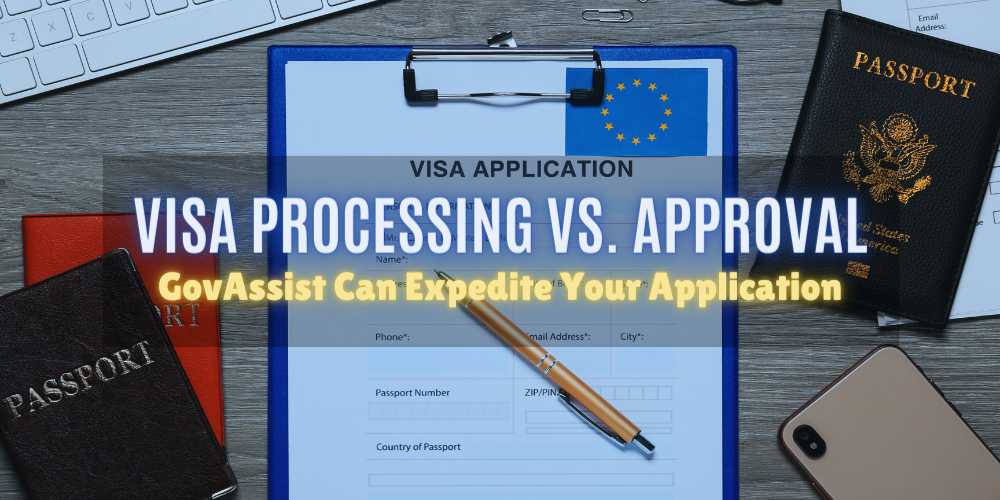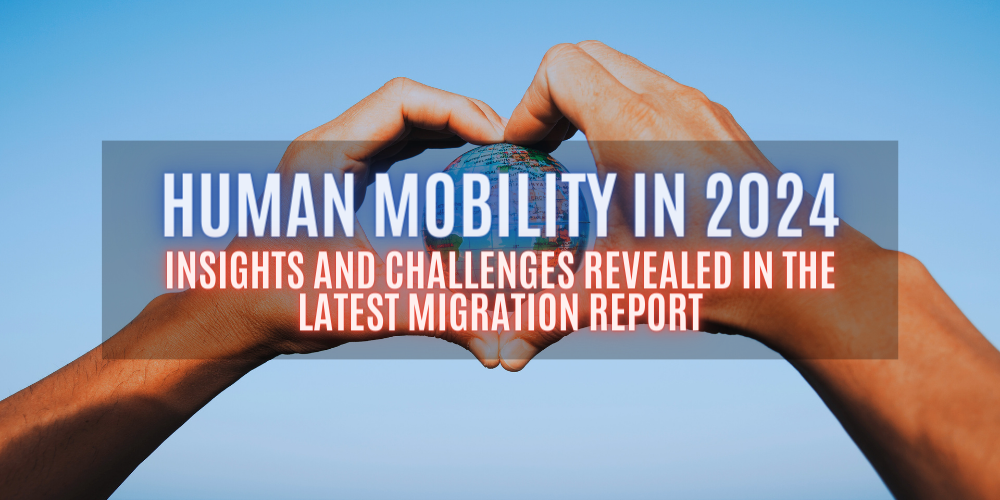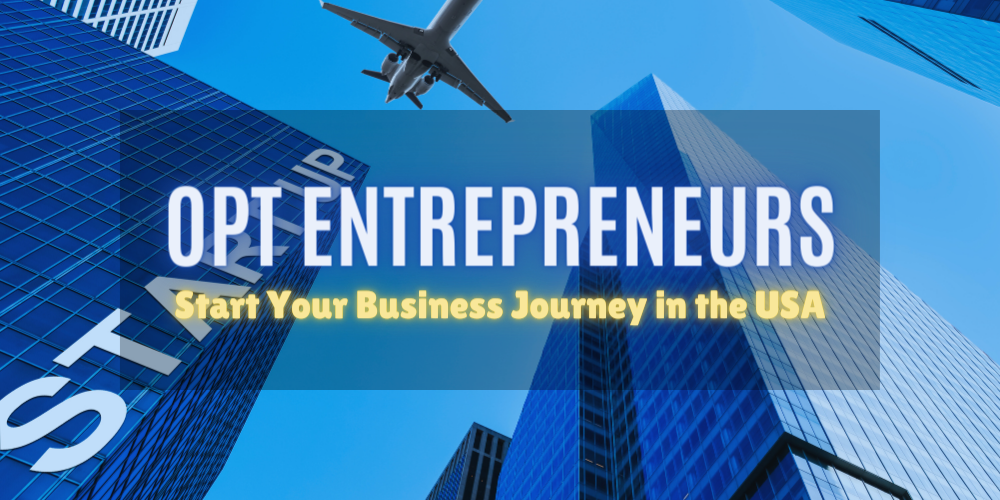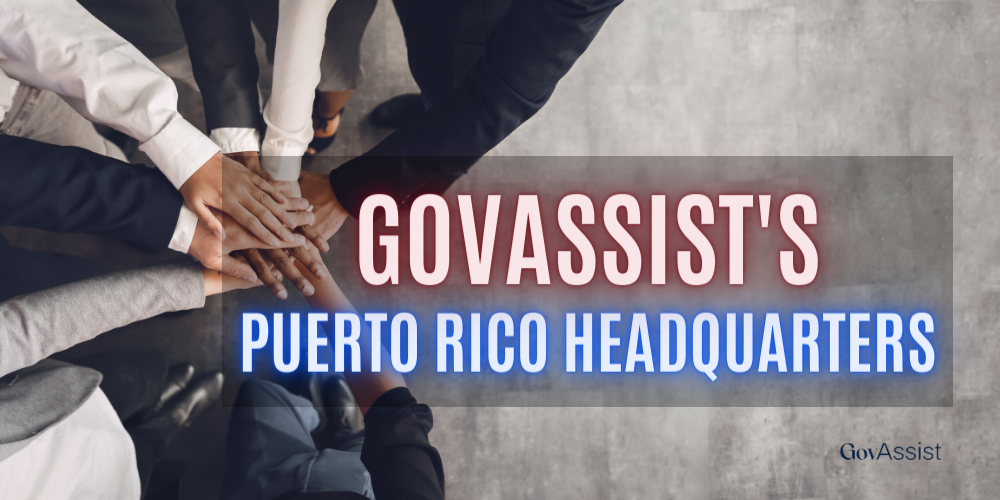--------- The Future of Schengen Visas: Embracing Digitalization and Technological Advancements
Mar 14, 2024

Moving through the difficulties of overseas travel, particularly with visas, may be overwhelming. The Schengen Visa, an essential facilitator for travel throughout Europe's Schengen Area, is undergoing a digital revolution, making the procedure faster and safer for visitors worldwide.
Understanding the Schengen Visa
Your Gateway to European Exploration
- Overview of the Schengen Visa: The Schengen Visa is a special type of visa that allows travelers to visit any of the 26 countries within the Schengen Area for up to 90 days. It's designed for short stays, including tourism, business, or transit.
- Member Countries: The Schengen Area encompasses most EU countries along with several non-EU countries, creating a significant zone of free movement across Europe.
- Application Process Pre-Digitalization: Traditionally, obtaining a Schengen Visa involved a paper-based application process, in-person appointments, and, often, long waiting times for appointments and processing.
The Drive for Digital Transformation
Embracing Modernity in Visa Processing
Need for Efficiency and Accessibility: With the rising number of travelers and the demand for quicker processing, the digital transformation aims to make visa applications more efficient and accessible.
Impact of the COVID-19 Pandemic: The pandemic accelerated the need for contactless and remote processing options, pushing the Schengen Visa system towards a more digital approach.
Aligning with Global Digital Trends: As the world becomes increasingly digital, it’s crucial for visa processing to keep pace, offering convenience and modern services to applicants.
Key Technological Advancements
Revolutionizing the Visa Experience
- e-Visas: The shift to electronic visas (e-Visas) is a major development. Applicants can now apply, pay fees, and receive their visas online without visiting embassies or consulates.
- Biometric Data Integration: The inclusion of biometric data like fingerprints and facial recognition enhances security, ensuring that the person who applies for the visa is the same person traveling.
- Visa Information System (VIS): This centralized system connects all Schengen countries, allowing for efficient data exchange regarding visa applicants, thereby enhancing the security and integrity of the visa process.
Automation and Artificial Intelligence
Streamlining Processes for Speed and Accuracy
- Automated Application Processing: AI and automation technologies are used to process applications more quickly and accurately. They help in sorting, analyzing, and flagging applications for any required manual review.
- Enhanced Decision-Making Accuracy: AI algorithms can assist in decision-making processes by identifying patterns and inconsistencies that might be indicative of fraudulent applications.
- Continuous Learning and Improvement: As AI systems learn from processed data, they continually improve, leading to increased efficiency and effectiveness in handling complex visa applications.
Enhancing Security with Technology
Fortifying Visa Processing in the Digital Age
Biometric Data Integration: Integrating biometric data, like fingerprints and facial recognition, into the Schengen visa process, adds a robust layer of security. This technology ensures that the individual applying for the visa is the same person who travels, significantly reducing the risk of fraud.
Advanced Data Encryption: With the digitalization of the visa process, advanced data encryption methods are crucial to protect sensitive personal information from cyber threats. This ensures that applicants' data is securely stored and transmitted.
Collaborative Security Systems: The Visa Information System (VIS) allows Schengen countries to share visa applicant data, enhancing the collective security of member states. This collaboration is key to identifying potential security risks and preventing illegal entry.
Improving User Experience
Streamlining the Visa Application Journey
- Simplifying the Application Process: Digital platforms are designed for ease of use. Features like step-by-step guidance, easy document upload, and clear instructions improve the overall user experience.
- Reducing Processing Times: Automation and digital processing significantly cut down visa processing times, making travel planning more predictable and less stressful for applicants.
- Accessible Information: Providing comprehensive online resources and FAQs helps applicants understand the requirements and process, empowering them to complete applications confidently.
Blockchain and Future Innovations
The Horizon of Technological Advancements
Blockchain for Security and Transparency: Blockchain technology has the potential to revolutionize visa processing by creating a secure, transparent ledger for transactions and data exchanges. This could further enhance the security and efficiency of the visa process.
AI and Predictive Analytics: Future advancements may include the use of AI for predictive analytics, helping to identify trends and potential issues in visa applications, thereby streamlining the decision-making process.
Continuous Digital Innovations: As technology evolves, we can expect ongoing innovations in the visa process, from virtual reality experiences that preview destinations to chatbots that provide real-time assistance.
Challenges and Considerations
Navigating the Complexities of Digital Innovation
- Data Privacy and Protection: With increased digitalization comes the challenge of protecting applicants' data. Ensuring data privacy and compliance with global data protection regulations is essential.
- Addressing the Digital Divide: Ensuring equitable access to digital visa services is critical. Not all applicants may have equal access to technology, necessitating alternative application options.
- Balancing Technology and Human Insight: While digital processes offer efficiency, maintaining a balance with human judgment in the visa decision process is necessary to address complex or sensitive cases.
- Evolving with Global Changes: The visa processing system must be flexible enough to adapt to global changes, such as shifting geopolitical landscapes or emerging travel trends.
The digital transformation of the Schengen Visa represents a significant leap forward in international travel. It's making the journey easier, safer, and more accessible for millions of travelers. For those seeking assistance navigating this new digital landscape, GovAssist offers expert services to help with your Schengen Visa application, ensuring a smooth and worry-free process.
In an increasingly connected world, these advancements in the Schengen Visa process are not just a convenience but a necessity, paving the way for a more integrated and accessible global travel experience.
Recent Articles

Visa Processing vs. Approval: How GovAssist Can Expedite Your Application
When planning your travels, understanding the intricacies of visa applications can be daunting. Two

Human Mobility in 2024: Insights and Challenges Revealed in the Latest Migration Report
The World Migration Report 2024 has just been released, shedding light on the latest trends and chal

Top 5 Schengen Travel Insurance Providers for Your Next European Journey
Traveling to Europe is an exciting adventure, but it comes with its responsibilities, including secu

OPT Entrepreneurs: How to Start Your Business Journey in the USA
Starting a business is an exciting venture, and for international students in the USA, the Optional

Celebrate Eid al-Adha 2024: Traditions, Tips, and Travel Information
Eid al-Adha, also known as the Festival of Sacrifice, is one of the most significant holidays in the

Welcome to GovAssist's Puerto Rico Headquarters
Welcome to GovAssist's Puerto Rico headquarters! We are thrilled to bring our extensive immigr
Read More

Visa Processing vs. Approval: How GovAssist Can Expedite Your Application

Human Mobility in 2024: Insights and Challenges Revealed in the Latest Migration Report

Top 5 Schengen Travel Insurance Providers for Your Next European Journey

OPT Entrepreneurs: How to Start Your Business Journey in the USA

Celebrate Eid al-Adha 2024: Traditions, Tips, and Travel Information

Welcome to GovAssist's Puerto Rico Headquarters

Welcome to the GovAssist blog. We know that navigating the maze of visa applications and online forms can be as tricky as choosing the perfect travel playlist (which is all we want you worrying about anyway).
Throughout our years of experience, though, we’ve uncovered a mountain of knowledge which, via this blog, we’re sharing with you! Whether you're diving into the world of travel visas, wondering about the ESTA online hustle, or just trying to figure out the DS160 form, think of us as your online concierge, here to make the process easy and most of all, clear.
At this point in our global context, who has time for endless paperwork and confusing legal jargon? No one. That's why we're all about spilling the tea on online visa hacks, easier-to-work-with DS160 forms, and giving you tips on everything from tourist visas to immigration, to that last-minute ESTA online adventure.
So, just plug in a word you’re curious about on the search bar, and boom. We've got the tips, tricks, and insider info to help you (and anyone else you may be traveling with) get to your travel destination with the confidence of a seasoned traveler.
Now go explore!
